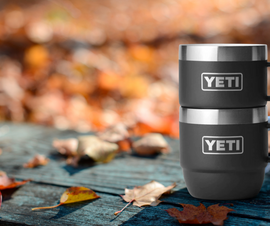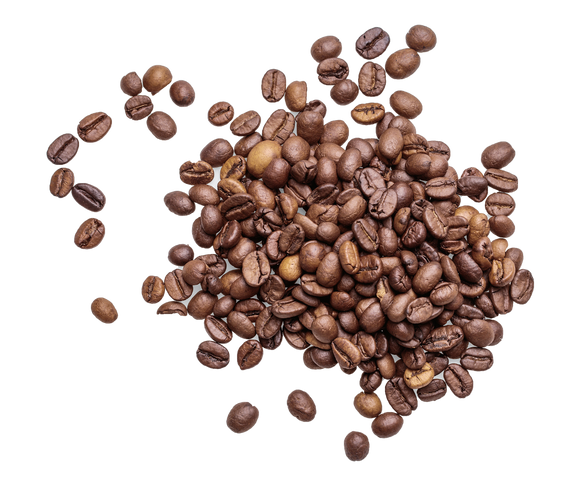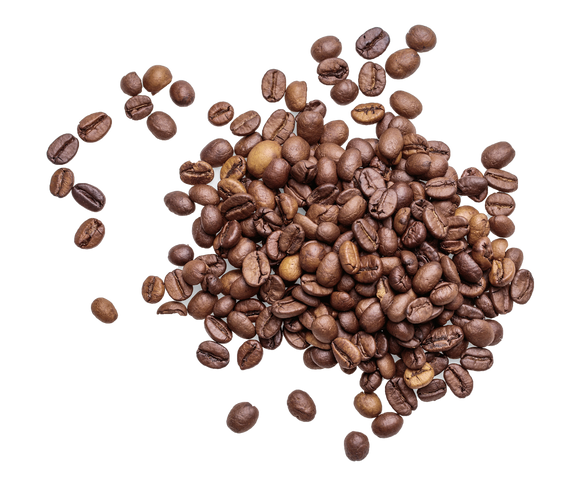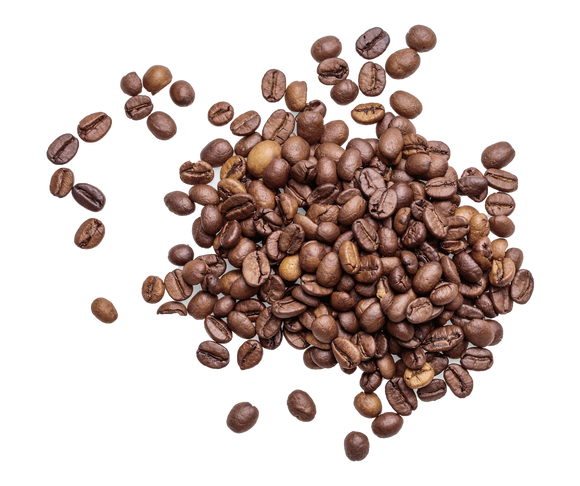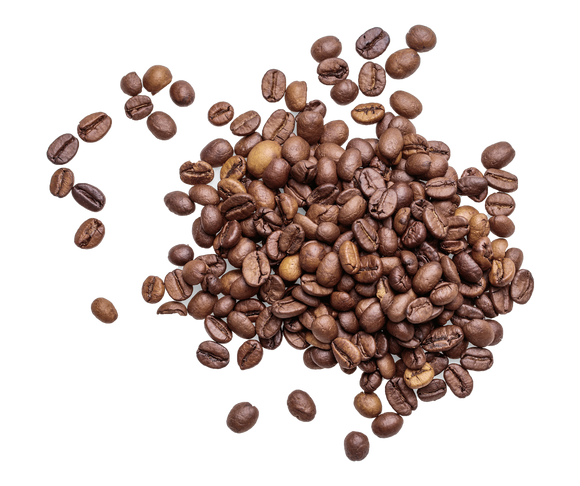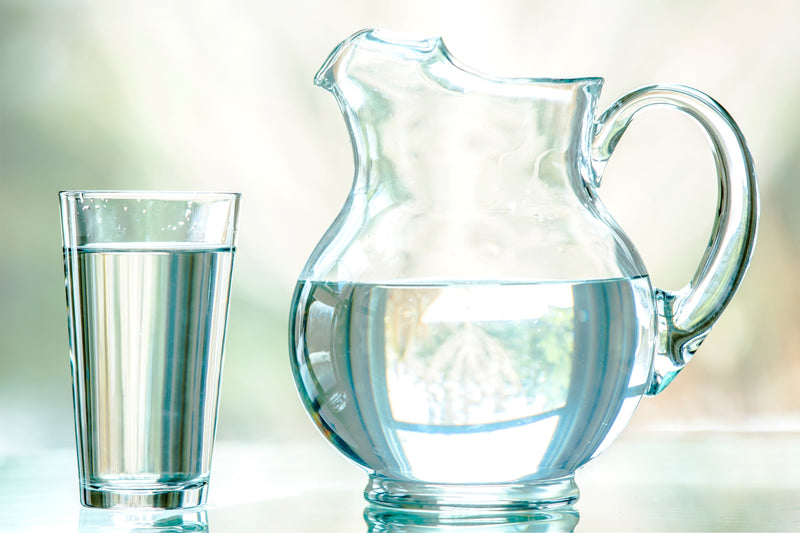
When it comes to brewing the perfect cup of coffee, most people focus on selecting the right beans and brewing method. However, one often overlooked factor that can significantly affect the taste of your coffee is the type of water you use. Water is not just a mere ingredient in the coffee-making process; it plays a crucial role in extraction and flavor enhancement. In this comprehensive guide, we will explore the importance of water in brewing fresh roasted coffee and discuss the best types of water to use for a consistently great cup of coffee.
Understanding the Role of Water in Coffee Extraction
To appreciate the impact of water on the taste of fresh roasted coffee, we must first understand its role in the extraction process. Coffee beans contain various compounds, including oils and soluble solids, that contribute to their unique flavors. When hot water comes into contact with the coffee grounds, it extracts these compounds and creates the flavorful beverage we all love.
Water acts as a solvent, dissolving the flavorful compounds from the coffee grounds. The minerals present in water, such as calcium and magnesium, interact with the coffee's soluble solids, enhancing the extraction process. The right balance of minerals in water can unlock the full potential of the coffee beans, resulting in a rich and flavorful cup of coffee.
The Importance of Mineral Content in Water
The mineral content of water is essential for extracting the flavors from fresh roasted coffee beans. Coffee beans require a certain level of mineral content to achieve optimal extraction. If the water used for brewing coffee lacks minerals, the extraction will be weak, resulting in a bland and flavorless cup.
On the other hand, water with excessive mineral content can lead to over-extraction, causing a bitter and unpleasant taste. Finding the right balance of minerals is crucial for achieving the perfect extraction and unlocking the full potential of your fresh roasted coffee beans.
The Ideal Water Characteristics for Brewing Fresh Roasted Coffee
To ensure the best possible flavor when brewing fresh roasted coffee, there are several key characteristics to consider when selecting the type of water to use:
Mineral Content:
The ideal mineral content for brewing fresh roasted coffee falls within a specific range. While there is some variation based on personal preference and the specific coffee beans being used, a mineral content of around 150-200 parts per million (ppm) is generally recommended. This range provides enough minerals to enhance flavor extraction without risking over-extraction or bitterness.
pH Level:
The pH level of water can also impact the taste of brewed coffee. Ideally, the water used for brewing should have a neutral pH level (around 7). Water that is too acidic or too alkaline can affect the flavor profile of the coffee, leading to a sour or bitter taste.
Chlorine and Additives:
Chlorine and other additives used in tap water treatment can have a negative impact on the taste of brewed coffee. These chemicals can introduce off-flavors and alter the natural flavors of the coffee beans. Using filtered water or allowing tap water to sit for some time to allow chlorine to dissipate can help mitigate these effects.
Types of Water for Brewing Fresh Roasted Coffee
Now that we understand the importance of water characteristics for brewing fresh roasted coffee, let's explore the different types of water and their suitability for achieving the best flavor:
Tap Water:
Tap water is easily accessible and commonly used for brewing coffee. However, the taste and mineral content of tap water can vary significantly depending on the location. In areas with high mineral content or excessive chlorine levels, using tap water directly may result in off-flavors or an imbalanced extraction. Consider filtering tap water to remove impurities and adjust the mineral content if needed.
Filtered Water:
Filtered water provides a convenient and effective solution for improving the taste of your brewed coffee. Using a water filter pitcher or a faucet-mounted filter can remove impurities, such as chlorine and sediment, while retaining essential minerals. This helps create a clean and balanced extraction, resulting in a more enjoyable cup of coffee.
Spring Water:
Spring water is sourced from natural springs and typically has a balanced mineral composition. It can be an excellent choice for brewing fresh roasted coffee, as it provides a consistent mineral content that enhances flavor extraction without overpowering the coffee's natural flavors. Look for spring water brands that disclose their mineral content to ensure it falls within the recommended range.
Distilled Water:
Distilled water is produced through a process of vaporization and condensation, leaving behind impurities and minerals. While it may seem logical to use distilled water for brewing coffee, it is generally not recommended. Distilled water lacks minerals necessary for flavor extraction, resulting in a flat and dull-tasting cup of coffee. However, it can be suitable for brewing espresso, as we will discuss later in this guide.
Reverse Osmosis (RO) Water:
Reverse osmosis is a filtration process that removes impurities and minerals from water. Similar to distilled water, RO water may lack the necessary minerals for optimal flavor extraction in coffee brewing. However, RO water can be used in combination with mineral additives to create a customized brewing water profile, which we will discuss in more detail later.
Alkaline Water:
Alkaline water has a higher pH level than regular water and often contains added minerals. While some people enjoy the taste of alkaline water on its own, it may not be the best choice for brewing fresh roasted coffee. The higher pH level and additional minerals can alter the coffee's natural flavors and lead to an imbalanced extraction. It is generally recommended to avoid using highly alkaline water for brewing coffee.
Customizing Water for Brewing Fresh Roasted Coffee
If you want to take your coffee brewing to the next level, you can customize your water to achieve the optimal mineral content and pH level for flavor extraction. This can be done by combining different types of water or using mineral additives. Here are a few methods to consider:
Dilution Method:
The dilution method involves mixing filtered tap water with distilled or RO water to achieve the desired mineral content. By diluting tap water with distilled or RO water, you can reduce the mineral content and adjust it to the recommended range. This method allows for greater control over the water's mineral composition and can result in a more balanced and flavorful cup of coffee.
Mineral Additives:
Mineral additives, such as Third Wave Water or DIY mineral blends, can be used to customize the mineral content of your brewing water. These additives typically come in the form of powders or tablets that dissolve in water, adding specific minerals in the desired proportions. By following the instructions provided with the mineral additives, you can create a customized brewing water profile that enhances the flavor extraction of your fresh roasted coffee.
Bypass Water:
Bypass water is a technique commonly used in coffee shops to achieve a specific mineral content in the brewing water. It involves using a primary water source, such as RO water, and adding a small percentage of tap water to introduce minerals and adjust the overall mineral content. This method allows for precise control over the water's mineral composition and can result in consistent and high-quality extractions.
Brewing Fresh Roasted Coffee with the Ideal Water
Now that you have a good understanding of the importance of water and the different types to use, let's discuss how to brew fresh roasted coffee using the ideal water:
- Start by selecting high-quality fresh roasted coffee beans. For the freshest and most flavorful coffee beans, consider trying Aveek coffee, known for their commitment to sourcing and roasting premium beans.
- Determine the mineral content and pH level of your water using a water testing kit or consult the water quality report provided by your local water supplier.
- If your tap water falls within the recommended mineral content range, you can use it directly for brewing. If not, consider using a water filter pitcher or a faucet-mounted filter to remove impurities and adjust the mineral content.
- If you prefer a customized water profile, explore the dilution method or mineral additives to achieve the desired mineral content and pH level.
- Follow the brewing instructions provided with your coffee brewing equipment, ensuring proper water-to-coffee ratio, temperature, and extraction time.
- Enjoy your freshly brewed cup of coffee, savoring the flavors and aromas that have been perfectly extracted using the ideal water for brewing fresh roasted coffee.
Additional Tips for Brewing the Best Fresh Roasted Coffee
To further enhance your coffee brewing experience, consider the following tips:
- Store your fresh roasted coffee beans properly in airtight containers away from light, heat, and moisture to maintain their freshness and flavor.
- Grind your coffee beans just before brewing for the freshest taste. Invest in a quality burr grinder for consistent and precise grinding.
- Experiment with different brewing methods, such as pour-over, French press, or espresso, to discover the flavors and nuances of your fresh roasted coffee beans.
- Use a digital scale to measure your coffee beans and water accurately, ensuring consistency and reproducibility in your brewing process.
- Clean and maintain your coffee brewing equipment regularly to prevent mineral buildup and ensure optimal performance.
Conclusion
Water plays a vital role in the taste and flavor extraction of fresh roasted coffee. By understanding the importance of water characteristics and selecting the right type of water, you can enhance the overall coffee brewing experience and enjoy a consistently great cup of coffee. Whether you choose filtered water, spring water, or customize your own brewing water profile, the key is to find the optimal balance of minerals and pH level to unlock the full potential of your fresh roasted coffee beans. So, the next time you brew a cup of coffee, remember to pay attention to the water you use, and savor the difference it can make in your coffee-drinking experience.


